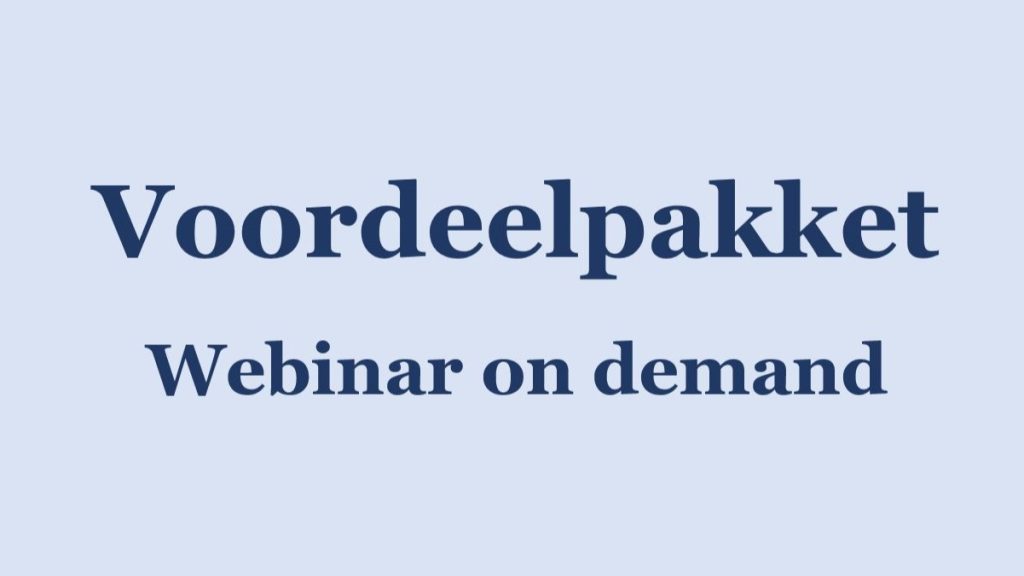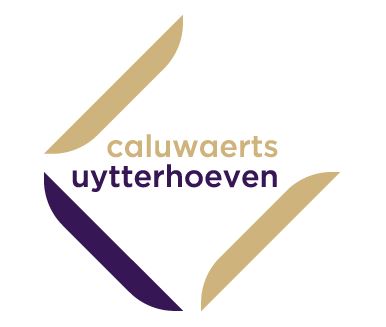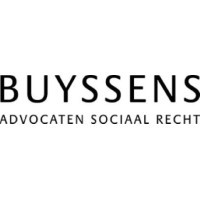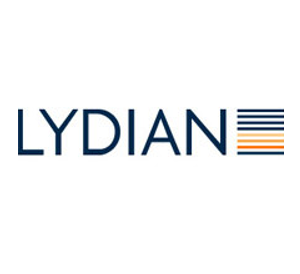Tewerkstelling van buitenlandse werknemers:
nakende ingrijpende wijzigingen
Mr. Sophie Maes en mr. Simon Albers (Claeys & Engels)
Webinar op donderdag 25 april 2024
Intellectuele eigendomsrechten in de onderneming:
wie is eigenaar van door werknemers en dienstverleners ontwikkelde creaties?
Dr. Nele Somers (ARTES) en mr. Veerle Scheys (Mploy)
Webinar op dinsdag 23 april 2024
Het nieuwe Boek 6:
de impact op de werkvloer
Mr. Chris Persyn (Cautius)
Webinar op donderdag 4 juli 2024
HR-aspecten bij M&A transacties
Mr. Nele Van Kerrebroeck (Linklaters)
Webinar op donderdag 16 mei 2024
Vakantiedagen en het arbeidsrecht
Mr. Kato Aerts en mr. Sarah Witvrouw (Lydian)
Webinar op dinsdag 11 juni 2024
Cross-border workers working from home – International COVID-19 measures agreed between Belgium, the Netherlands and Germany (Loyens & Loeff)
Author: Linda Brosens (Loyens & Loeff)
Publication date: 12/05/2020
In line with the recommendations of the OECD Secretariat issued on 3 April 2020, Belgium and the Netherlands have concluded an agreement with the Netherlands on 30 April to mitigate the tax consequences of the COVID-19 measures on cross-border workers. A similar agreement has been concluded between the Netherlands and Germany on 10 April,and between Belgium and Germany on 6 May.
Belgium and The Netherlands have agreed that – for the purposes of the application of article 15, § 1 of the Belgium-Netherlands double tax treaty – working days for which remuneration was received and on which the employee worked at home solely because of measures taken by the Dutch or Belgian government to fight the COVID-19 pandemic, are deemed to be spent in the Contracting State in which the employee would be employed without these measures. This fiction cannot be applied to working days which, independently of these measures, the employee would have been spent at home or in a third state. In particular, it cannot be applied by employees who, in accordance with their employment contract, generally exercise their employment from home. Employees who use the fiction are obliged to apply it in a consistent manner in both Contracting States and to maintain evidence (e.g. a written confirmation from the employer with respect to the days that an employee has been working at home due to the COVID-19 measures). This fiction can only be applied to the extent that the salaries for the days that were spent working at home are effectively taxed by the normal work state. The agreement is in principle effective as of 11 March to 31 May 2020. The agreement also contains provisions with respect to payments that an employee receives during a temporary unemployment.
The conditions and timing laid down in the agreements concluded between Belgium resp. the Netherlands and Germany are similar to the agreement between Belgium and the Netherlands.
Belgium already concluded agreements with Luxembourg and France. These agreements only deal with specific situations and do not provide a solution for all residents who normally work across borders. For more information on these agreements, we refer to our COVID-19 overview. It is expected though that a similar agreement between Belgium, on the one hand, and France and Luxembourg, respectively, on the other hand will be reached as with the Netherlands and Germany.
» Bekijk alle artikels: Arbeid & Sociale zekerheid

















